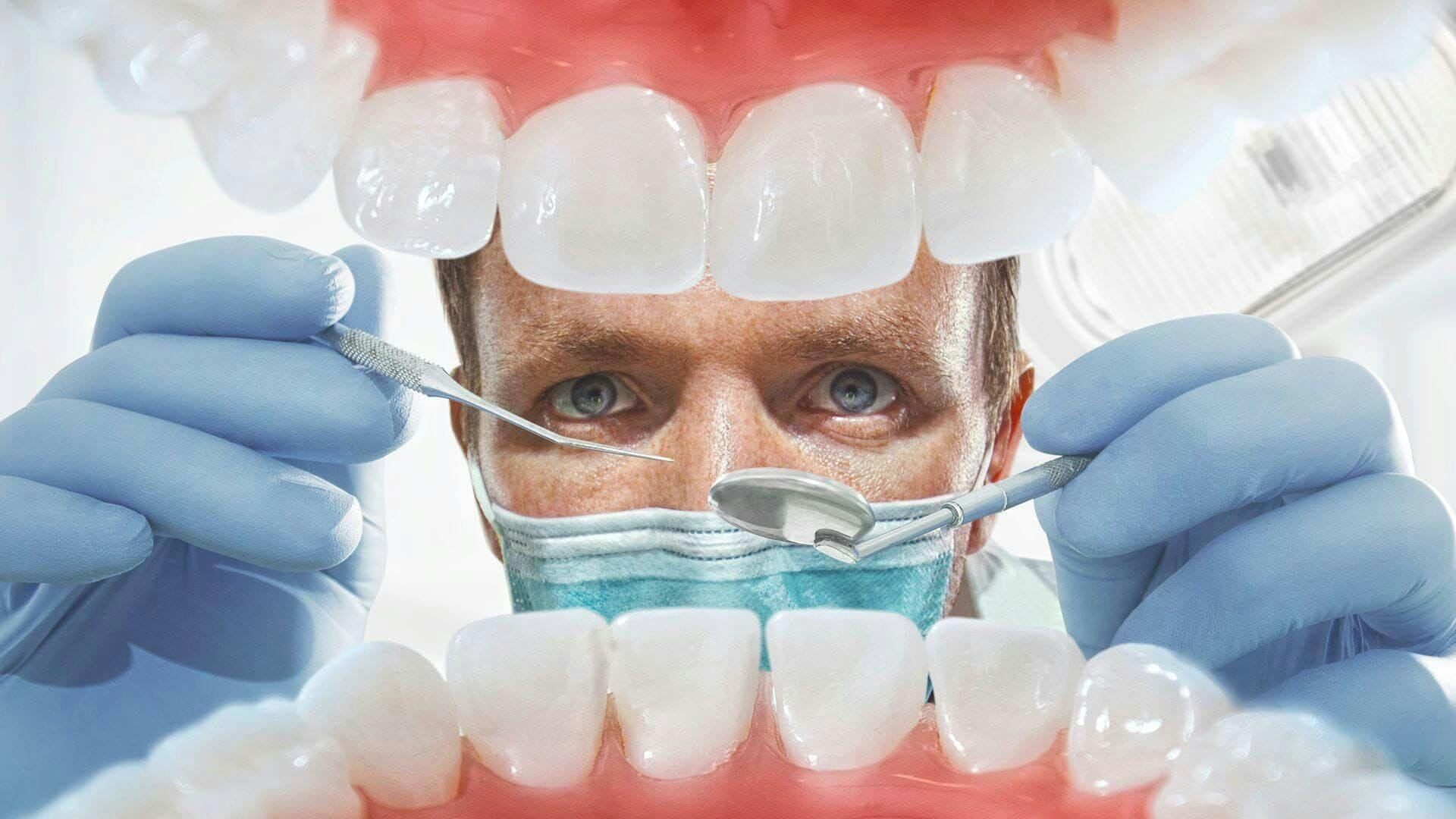Find Out About Frequent Oral Issues Your Dentist Can Solve
Recognizing frequent oral worries is critical for preserving optimum dental health. Issues such as tooth cavities, gum condition, tooth level of sensitivity, poor breath, and dental cavity are common yet frequently ignored up until they end up being extreme. Dentists have the expertise to detect and treat these conditions, therefore stopping additional issues. Regular oral sees and individualized care strategies can deal with these troubles properly, guaranteeing a healthier and brighter smile. What details treatments do dental practitioners use to deal with these issues, and how can early treatment make a distinction? The solution to these questions offer beneficial understandings into guarding your oral health and wellness.
Cavities
Tooth cavities, additionally understood as tooth decays, are a common oral wellness issue triggered by the demineralization of tooth enamel due to acid production from microbial plaque. This process begins when germs in the mouth metabolize sugars and starches from food, creating acids that erode the enamel. If not dealt with without delay, this erosion can penetrate deeper right into the tooth, impacting the dentin and at some point the pulp, potentially causing serious discomfort and infection.
The onset of tooth cavity development often existing as white places on the tooth surface, suggesting preliminary demineralization. As the process advances, these areas can turn into black or brown sores, symbolizing a lot more considerable degeneration. Routine oral check-ups are important for early detection, as tooth cavities in their nascent phases can be treated with remineralization techniques, such as fluoride therapies.
Dental practitioners normally remove the corroded part of the tooth and fill the cavity with products such as composite material, amalgam, or ceramic. Precautionary procedures, consisting of great oral health methods and nutritional modifications, play a crucial role in minimizing the risk of dental caries.
Periodontal Disease
While tooth cavities represent a substantial worry for dental wellness, one more essential concern that demands interest is gum tissue illness. Known as gum illness, gum tissue disease is an inflammatory condition influencing the cells surrounding and sustaining the teeth. It is primarily caused by the build-up of plaque-- a sticky film of microorganisms that forms on teeth.
Periodontal illness advances through stages, beginning with gingivitis, identified by inflammation, swelling, and bleeding periodontals (dentists eugene). If left neglected, gingivitis can rise to periodontitis, where the internal layer of the gum and bone retreat from the teeth, forming pockets that become infected. With time, the toxins generated by the germs damage down the bone and connective tissue that hold teeth in position, potentially causing missing teeth
Very early discovery and therapy are important. Professional dental cleansings and improved oral hygiene techniques, such as cleaning two times day-to-day and flossing, can handle gingivitis. For even more innovative stages, therapies might include scaling and root planing, antibiotics, and even surgical treatments.
Regular dental check-ups play a crucial function in handling and protecting against gum condition. Dental practitioners can determine very early indications and recommend suitable interventions, making certain the maintenance of healthy gum tissues and total dental wellness.
Tooth Level Of Sensitivity
Tooth level of sensitivity influences numerous individuals worldwide, offering an usual yet commonly distressing oral concern. This problem occurs when the enamel, the outer safety layer of the teeth, is jeopardized, disclosing the underlying dentin. The dentin contains tiny tubules that lead straight to the oral pulp, where nerves live. When revealed to stimuli such as warm, cool, pleasant, or acidic materials, these nerves are set off, creating sharp discomfort or pain.
A number of variables add to enamel disintegration and subsequent tooth level of sensitivity, including aggressive brushing, acidic foods and drinks, gum economic downturn, and bruxism (teeth grinding) Additionally, dental procedures such as teeth whitening can briefly enhance sensitivity.
Foul Breath
An additional prevalent oral worry that influences people' daily lives is poor breath, clinically called bad breath. Halitosis usually additional reading originates from inadequate dental health, which permits food bits to remain in the mouth, fostering microbial growth.

Referrals might include enhancing dental health techniques, such as regular brushing and flossing, utilizing anti-bacterial mouthwashes, remaining hydrated, and resolving any type of dental problems. Effective management of halitosis not just boosts oral wellness but also significantly boosts quality of life.
Dental Cavity

Stopping dental cavity involves a combination of great dental health methods and regular dental exams. Cleaning teeth a minimum of twice daily with fluoride tooth paste, flossing to remove plaque between teeth, and limiting the intake of sugary foods and drinks are important precautionary actions. Fluoride therapies, oral sealants, and professional cleanings offered by a dental practitioner can also play a significant role in fortifying enamel and avoiding decay.
Dental experts can eliminate decayed tissue and restore the tooth with dental fillings made from products such as composite material, amalgam, or porcelain. By dealing with tooth decay without delay, dental practitioners assist protect dental framework and function, ensuring long-term dental health.
Conclusion
Resolving typical dental issues such as dental caries, periodontal illness, tooth sensitivity, bad breath, and dental cavity is critical for preserving optimal dental health and total well-being. Dentists have the competence to diagnose and deal with these issues successfully, guaranteeing customized take care of each person. Routine oral check-ups and preventative measures are necessary in identifying and taking care of these issues early, advertising a healthier and more positive smile over a life time.

Tooth decay, also known as oral cavities, happens when the enamel, the outermost layer of the tooth, is deteriorated by acids created by bacteria in the mouth. Cleaning teeth at the very least twice daily with fluoride tooth paste, flossing to eliminate plaque between teeth, and restricting the intake of sweet foods and beverages are vital preventive actions.Attending to typical oral worries such as cavities, gum tissue illness, tooth sensitivity, negative breath, and tooth decay is critical for preserving optimal dental health and wellness and general health.